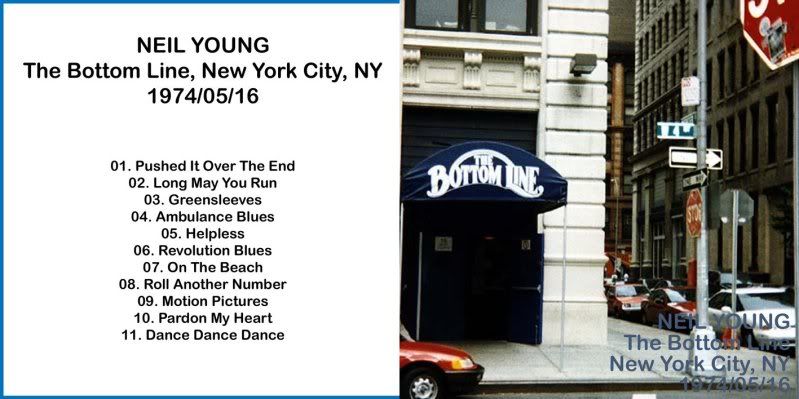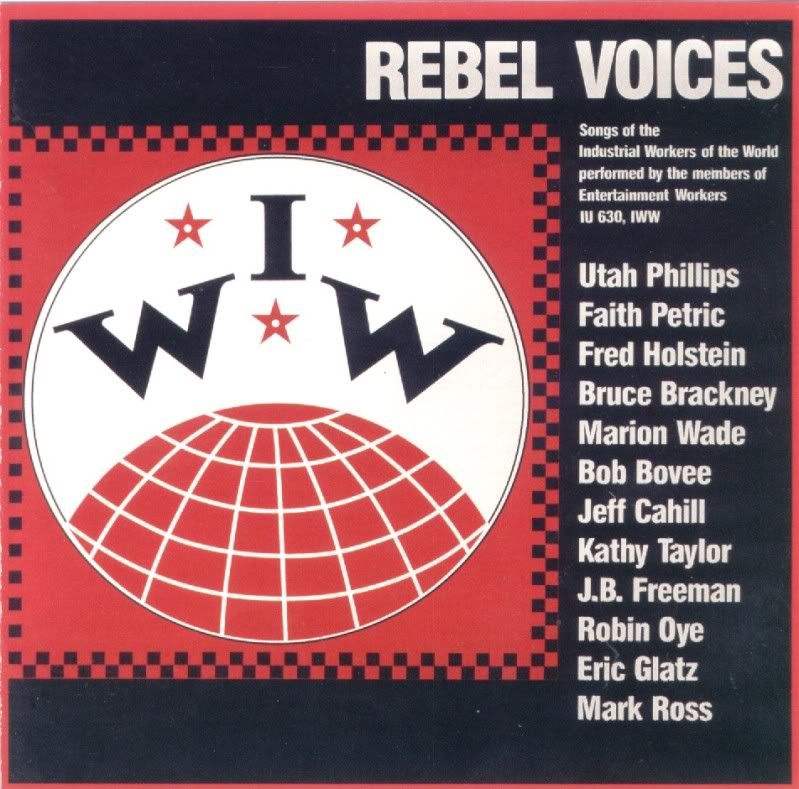 This 1993 Topic release is an expanded reissue of the label's original 1956 LP. "Iron Muse" was the first of its kind, a collection of folk music derived almost exclusively from the experiences of industrial workers in the north of England.
This 1993 Topic release is an expanded reissue of the label's original 1956 LP. "Iron Muse" was the first of its kind, a collection of folk music derived almost exclusively from the experiences of industrial workers in the north of England.The folk tradition of rural and historical Great Britain was well known and documented. But to think that the specific hardships and experiences of the country's industrial workers would be chronicled in a similar way — through heartfelt lyrics and playing — was at first a bit odd. It took the work of famous folklorist A.L. Lloyd to change that opinion. The work of miners, weavers, and the like had already become fertile ground for song. But Lloyd went inside blazing steel mills, onto hard iron railways, and into dank boiler rooms in search of the workers' music and their voices.
What he found was Maureen Craik's stark, a cappella rendering of the strike lament "Durham Lockout" and Louis Killen's accented, fiddle-led (and still relevant) "Aw Wish Pay Friday Would Come." The hardscrabble life of a miner was described with unflinching detail in "Blackleg Miners," their frighteningly protracted existence recorded in the brief, powerful "Auchengeich Disaster". Much of the material on "Iron Muse" drew melody from the traditional canon. However, the songs were cast in a darker hue by the soot and bad lighting of the industrial towns. The countryside's music could be pastoral, but also very dark; the city folk seemed to dwell on the latter trait. Strikes, class warfare, worksite disasters, and the unending need (desire) for wages provided lyrical fodder for "Iron Muse", but it was the humanity and emotions behind the daily grind that really drove the songs. The occasional reel (especially "Sandgate Girl's Lament/Elsie Marley") provided a respite as brief and wonderful as a Sunday night backroom dance, helping the album paint a vivid picture of life inside the industrial towns and add a new chapter to the history book of traditional folk music.
VA - The Iron Muse (Topic, 1993)
(192 kbps, front & back cover inclueded)
























